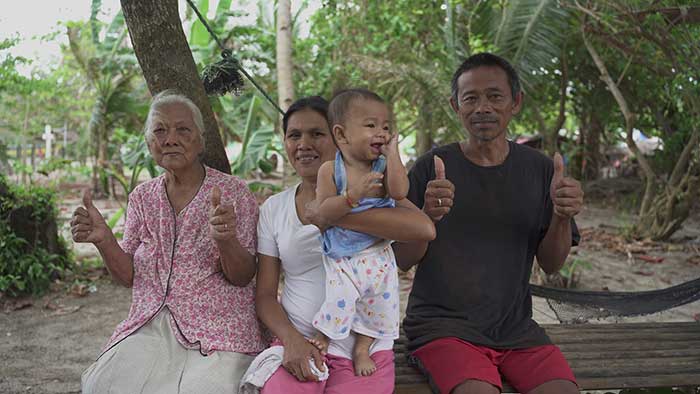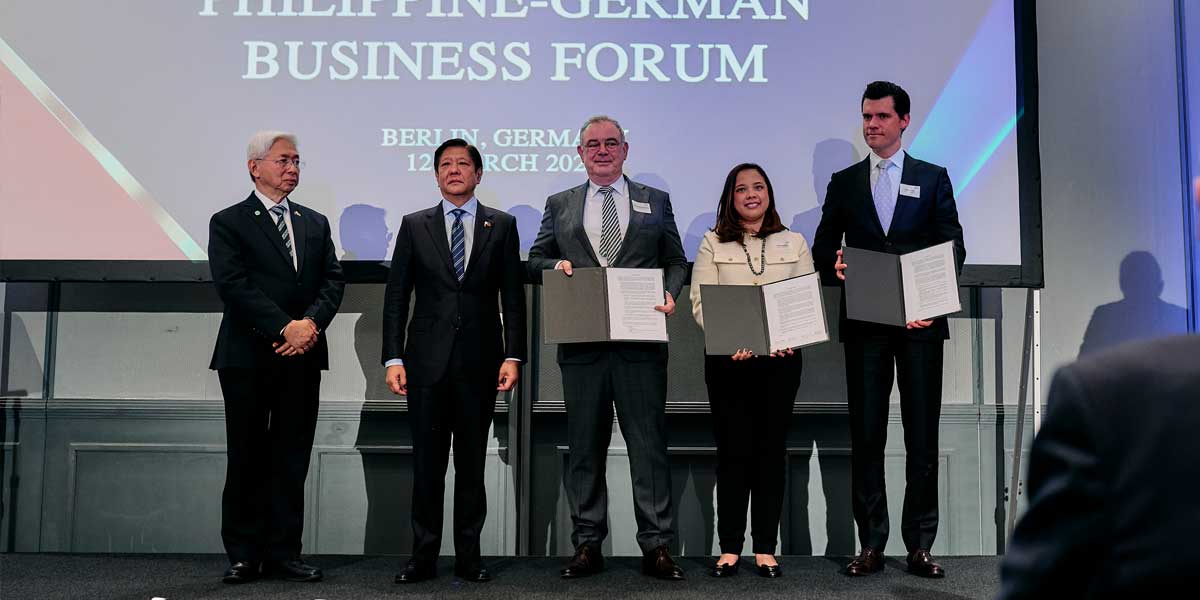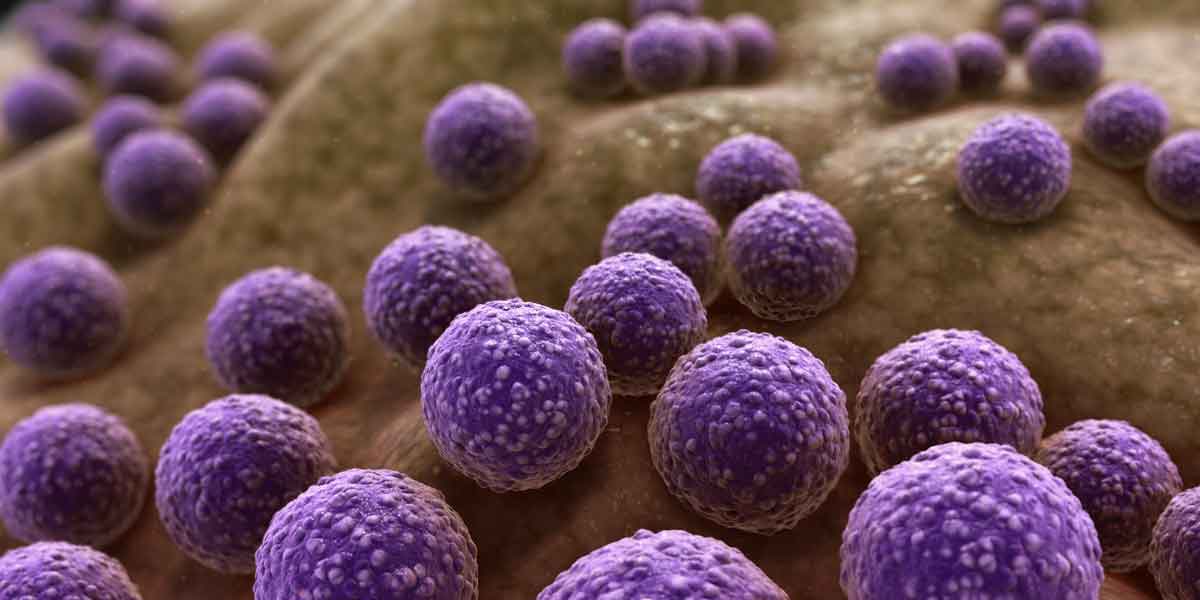
The Philippine Red Cross (PRC) has remained firm in its belief that vaccination is one of the most effective ways to protect each member of the community from possible diseases that may spread.
This conviction, coupled with the undeniable fact that misconceptions about vaccines remain prevalent in the country, has motivated PRC to launch “OK Ka Sa Bakuna” information campaign throughout the country. The initiative supports the immunization intervention of local government units and emphasizes the importance of vaccination.
According to the World Health Organization (WHO), immunization is one of the biggest achievements in modern medicine with its ability to mitigate infectious diseases such as polio, influenza, and measles.
PRC Chairman and CEO Richard “Dick” Gordon said, “Vaccination plays an important role in protecting not only ourselves but also our families and our neighbors against dangerous diseases.”
Vaccination: Protection for all
Vaccination aims to curb the transmission of diseases by priming the body’s immune system to recognize and combat infections. In doing so, it bolsters defenses to shield individuals from falling ill or mitigates the severity of the illness if contracted.
Administering vaccines to individuals contributes to communal immunity by thwarting the spread of disease. Through this, vaccination fortifies the defenses of the entire community, ensuring widespread protection against illnesses.
“Herd immunity,” also known as “community immunity,” occurs when a sufficient proportion of individuals within a community acquire immunity to a specific disease. The threshold for achieving herd immunity varies depending on factors such as the disease’s characteristics and the effectiveness of the corresponding vaccine.
PRC Secretary-General Dr. Gwen Pang said, “In today’s climate, vaccination stands as the most potent tool to stop the spread of diseases.” She added, “This is not solely about safeguarding ourselves; it’s about ensuring the collective safety and welfare of all.”
Vaccination Against Measles
Immunization helped mitigate the rising number of measles cases in the country. According to the Department of Health (DOH), over 38,900 people, mostly children, were affected by measles in the Philippines.
PRC, in collaboration with its partner organizations, swiftly responded to curb the escalating measles cases in the country. It established emergency medical tents, initiated mass vaccination drives in barangays, and disseminated widespread information highlighting the advantages of vaccination.
PRC was honored with the Measles and Rubella Initiative (M&RI) Champion Award in recognition of its prompt and effective efforts to prevent the exacerbation of measles cases in the nation.
According to the International Federation of Red Cross and Red Crescent Societies (IFRC), through the Building Trust Philippines Project (BTP), the IFRC and the PRC successfully implemented immunization intervention and underscored the importance of vaccination.
IFRC Head of Delegation to the Philippines Sanjeev Kafley said: “PRC played a significant role in addressing the needs of the Filipinos and in strengthening their confidence in vaccinations.”
Why Get Vaccinated?
Some individuals opt not to receive vaccinations and instead choose to contract diseases in order to develop natural immunity. However, experts caution against this practice, citing its inherent dangers. Infectious diseases like COVID-19, measles, polio, influenza, hepatitis, among others can vary widely in their severity, making it impossible to predict the outcome of such infections.
“Natural immunity will depend on the individual, on the level of their immune system, if they have pre-existing diseases, and their age,” said former head of Vaccine Expert Panel of the Department of Science and Technology, Dr. Nina Gloriani. “Each person’s responses will vary.”
According to DOH Undersecretary Maria Rosario Vergeire, “While we recognize natural immunity, the DOH emphasizes the importance of vaccine-induced immunity.” She further highlighted that not everyone possesses the capability to develop natural immunity, underscoring the importance of vaccination as the most effective measure to prevent hospitalization resulting from infectious diseases.
Experts strongly advocate for vaccination as the safest and most effective method to acquire immunity against infectious diseases, underscoring its superiority over jeopardizing one’s health. Vaccination not only shields individuals but also extends protection to their loved ones and the broader community to which they belong.
For more information, such as when and where to get vaccinated, visit your nearest PRC Chapter or barangay health center. For questions and concerns, call the PRC hotline: 143.






























